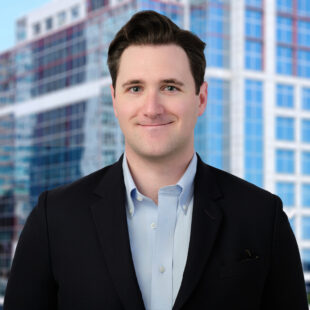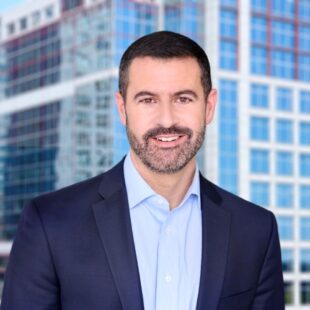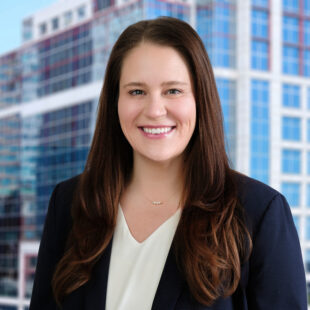Ryan recently joined the firm as an associate in the Commercial Real Estate Group, where he brings a wealth of experience in zoning, land use, environmental permitting and approvals, and related litigation.
Why did you become a lawyer?
Writing policy papers on marine and other natural resources in college helped me discover that I wanted to be a lawyer. The legal angles in the challenges and interventions intrigued me the most, and I knew that I wanted to be the one to navigate and provide legal solutions.
Tell us about your career path.
Looking to emulate my science-based policy undergraduate education, my goal for law school was to understand underlying scientific issues, contextualize them within a legal framework, and then communicate the conclusions to clients, experts, opposing parties, and judges. I studied that approach and employed its lessons through professional experiences across federal agencies, nonprofits, clinics, and in state and federal trial courts. Working directly under judges and witnessing their insight on cases affirmed my interest in real estate law and litigation. After school, I represented private and public clients on zoning, permitting, environmental, litigation, and general business matters, often in environmentally sensitive areas. Representing developers and reviewing authorities quickly formed my intricate knowledge of the environmental and land use permitting processes across residential, commercial, and industrial uses.
Tell us about your practice.
I represent clients across the full development lifecycle: inception, due diligence, acquisition, permitting and licensing, and, if necessary, litigation. The approvals I seek scale from local boards and committees to state and federal agencies, including any administrative appeals.
What do you love most about what you do?
I most enjoy working with Chapter 91’s regulation of the Commonwealth’s tidelands held in public trust. Massachusetts’ coastline, especially in Boston’s waterfront and filled tidelands, contains an exciting and dynamic mix of interests, industries, laws, and natural forces. As one body of those laws, demonstrating either a water-dependent use or public benefit under Chapter 91 is fascinating. It provides a clear path to how we should use this important resource.
Why did you choose the firm?
I chose RIW for the comprehensive services that the Commercial Real Estate and Restaurant and Hospitality Practice Groups provide to a wide range of sophisticated business clients within Boston and across Massachusetts. Further, RIW’s focus on investing in its attorneys’ professional and personal relationships highly attracted me as a newer attorney seeking to establish myself in Boston.
Tell us a fun or surprising fact about you.
I worked at an oyster farm the summer before law school and lived in a shack in Wellfleet, Massachusetts. Contributing to one of the many small farms that comprise the historic fishery was highly rewarding, plus I had direct access to the freshest and best oysters.
What do you do in your free time?
Inside, I’m either busy in the kitchen, listening to a wide range of music, and focusing hard on what film to watch next. Outside, I’m trying to run around in a game or with equipment: skiing, surfing, frisbee, hockey, cycling, and getting back into tennis.





